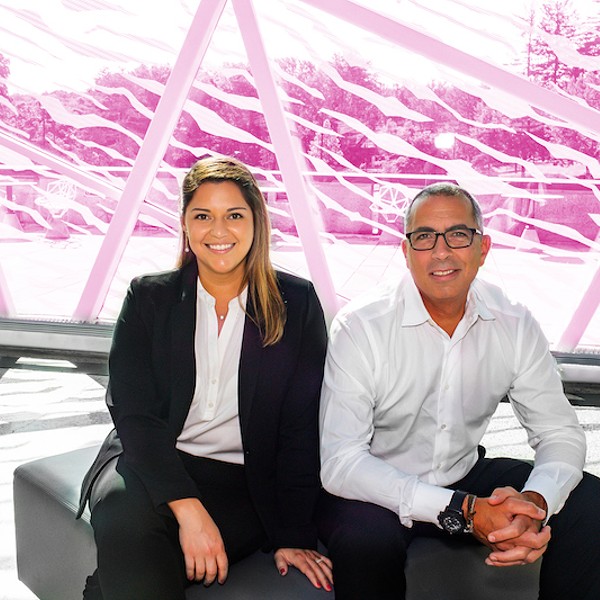But what do you do if family and friends are not into alternative ways of healing, and only believe that modern, Western medicine will work?
I would have a talking circle with everyone, trying to explore what we can negotiate as possible and acceptable, in hopes that there is some middle ground, and to see where the wiggle room is. Because if nobody will buy into the story [of an alternate healing method], it’s going to be really difficult. Sometimes people go to an alternative practitioner just to satisfy someone else. People sometimes come to me, late in the game, in order to say to some loved one, “See, I went.” But, of course, it won’t work.
I was interested to read that while you have witnessed among your patients healings that can’t be explained by conventional medicine, and you have researched many other cases, you aren’t promising that you can cure people.
“Sudden miracle” stories do exist, though my colleagues like to look at them as outliers. But I see them as what we are capable of, what can happen. To the extent that we study the stories, we’ll begin to learn more about miracles. I certainly don’t know enough that I could do a randomized, controlled trial to produce miracles, though I know they happen, and the stories are qualitatively different for people who go on to survive than those who don’t.
I never deny the possibility of miracles, because I think they exist. There are some people at the top end of the survival curve who live many years with whatever cancer or illness we’re talking about. I think it’s terribly unscientific for a physician to tell people how long they have to live, because we don’t know. Why should we terrorize you with the mean lifespan of people with your illness when you might be one of those who lives a very long time? It’s a terrible thing, to tell people when they should die.
But I don’t imagine a mainstream doctor is going to start using a storied approach, or encourage patients to believe in miracles, any time soon.
Western medicine has been involved in constructing stories, too, from the beginning of time. We have theories, which are stories about how people get sick and get well. Historically, until 17th-century France, physicians had always placed the illness in the context of the person who has it. But since the 17th century, when autopsies were begun [and damaged organs were seen], the story shifted to placing the illness in an organ instead of in a person. In either view, the pathological changes are the same. In the first story, the changes in the organ are a result of the person’s whole life story. In the second story, the contemporary story, the suffering is in the internal organ of the person. Both are just stories. We are arrogant enough to believe that today’s story is the truth. But in Western science the story changes every few years. Today’s truth is tomorrow’s error. We don’t have any facts, just stories that we are continually changing.
A point I am trying to make to physicians is that they need to understand that the natural science perspective is not borne out by research—we can find people who don’t die on command, who get well when they’re not supposed to, who don’t do the suggested treatment and get well anyway. So our theory that a disease has a certain natural history is incorrect.
For me the first shift [needed] is to respect the story of the people who are sick, and be more respectful that their physiology might follow their story more than their doctor’s story. People who survive against all odds according to Western medicine show that the doctor’s story sometimes is not right, and the patient’s story sometimes is.
You make it clear in your writing that the process of telling one’s story is, in itself, a rich and valuable process.
I think it seems fairly universal that at the end of life we all like to feel like we had meaning and purpose. It’s easier to die then. Much of what goes on around people who are dying is the preparation of story, to allow everyone to agree that the person’s life had meaning—with the funeral being the culmination. So we might use video, photos, or have people write stories about the person, and that’s so much better done when they are still alive. Especially when it’s a younger person, parents can prepare stories about losing their children, and that it has some higher purpose or value, in order to move on and keep going. It’s so much more valuable to do that when they are alive.
















